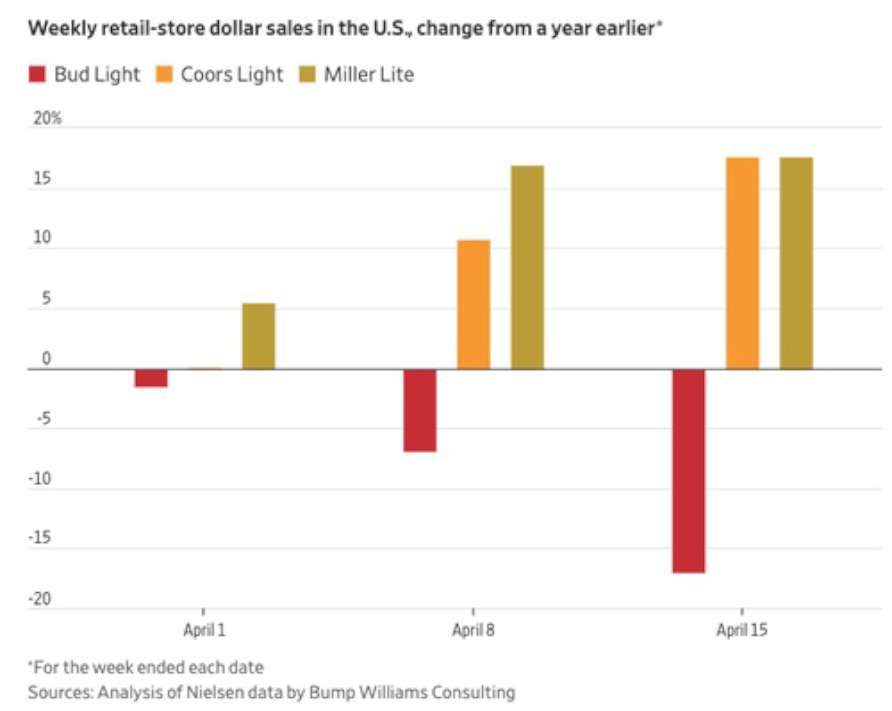The Biden administration is quietly helping American universities that host China's Confucius Institute on their campuses circumvent a ban on receiving federal funds.
The Defense Department in late March announced that it would grant waivers to allow schools to host chapters of the Confucius Institute, a Chinese Communist Party-backed program that Beijing uses to peddle influence and steal intellectual property from American universities. The department’s waiver program is a response to the 2021 National Defense Authorization Act (NDAA), which barred American colleges and universities from receiving federal dollars if they maintain Confucius Institute chapters.
Lawmakers say the Defense Department is subverting federal law.
"The Chinese Communist Party is subverting U.S. institutions and Joe Biden is sabotaging legislation to stop them," Rep. Jim Banks (R., Ind.), a member of the House Select Committee on China, told the Washington Free Beacon. Banks added that the Biden administration has essentially "greenlit China’s espionage and malign influence operations on college campuses."
The workaround comes amid warnings from the intelligence community that American colleges are a "soft target" for Chinese spies. China has opened at least 100 Confucius Institutes in the United States since 2008, with China pouring more than $158 million into them. The FBI and other federal law enforcement agencies have repeatedly warned that these outposts are "ultimately beholden to the Chinese government" and pose an espionage risk.
But American schools have been hesitant to cut ties with their Confucius Institutes, lest they miss out on the $426 million China has injected into American higher education since 2011. This money funds an array of research projects, with a large portion also coming in the form of gifts to various schools.
Confucius Institutes ostensibly promote cultural exchange and offer language programs. But lawmakers maintain they actually "limit a school’s autonomy by censuring political debate and preventing discussions on certain topics, such as Taiwan and Tibet." These CCP outposts also maintain "contracts with U.S. universities [that] forbid activities that violate Chinese law and require the contract remain confidential, limiting effective oversight."
The NDAA’s bipartisan funding prohibition, which is set to take effect October 1, was meant to force American universities into dropping Confucius Institutes to keep lucrative Pentagon contracts. But the waiver program offers them a lifeline and comes amid parallel efforts by higher education lobbyists to pressure the Biden administration into easing reporting requirements on foreign donations, like those coming from China.
Schools seeking a waiver only need to send the Pentagon a letter affirming that their Confucius Institute supports "academic freedom" and "openness." The schools are also given leeway to self-report to the Defense Department about any changes that may be made to the institution’s relationship with these CCP outposts.
Universities that have active partnerships with the Pentagon also must "demonstrate that it has adequate measures in place to secure information, including information generated by scientific research," according to the guidance. This includes cybersecurity firewalls and prohibitions on Confucius Institute staff gaining access to sensitive research projects.
This could prove difficult for a number of American schools that have been infiltrated by Chinese spies.
The Justice Department has warned at least 60 top colleges that they are susceptible to Chinese espionage operations.
Banks says that his committee is "working overtime" to push back against the waiver program and "win a game of oversight whack-a-mole against a president who is running cover for China."
But American schools have been hesitant to cut ties with their Confucius Institutes, lest they miss out on the $426 million China has injected into American higher education since 2011. This money funds an array of research projects, with a large portion also coming in the form of gifts to various schools.
Confucius Institutes ostensibly promote cultural exchange and offer language programs. But lawmakers maintain they actually "limit a school’s autonomy by censuring political debate and preventing discussions on certain topics, such as Taiwan and Tibet." These CCP outposts also maintain "contracts with U.S. universities [that] forbid activities that violate Chinese law and require the contract remain confidential, limiting effective oversight."
The NDAA’s bipartisan funding prohibition, which is set to take effect October 1, was meant to force American universities into dropping Confucius Institutes to keep lucrative Pentagon contracts. But the waiver program offers them a lifeline and comes amid parallel efforts by higher education lobbyists to pressure the Biden administration into easing reporting requirements on foreign donations, like those coming from China.
Schools seeking a waiver only need to send the Pentagon a letter affirming that their Confucius Institute supports "academic freedom" and "openness." The schools are also given leeway to self-report to the Defense Department about any changes that may be made to the institution’s relationship with these CCP outposts.
Universities that have active partnerships with the Pentagon also must "demonstrate that it has adequate measures in place to secure information, including information generated by scientific research," according to the guidance. This includes cybersecurity firewalls and prohibitions on Confucius Institute staff gaining access to sensitive research projects.
This could prove difficult for a number of American schools that have been infiltrated by Chinese spies.
Stanford University, for instance, took in $1.9 million from the Defense Department in 2022 to study "multiphase detonation of liquid aeropropulsion fuels," which could apply to advanced military technologies such as hypersonic missiles. The school also employed a Chinese researcher who was acting as a spy for the CCP’s military, according to federal authorities.
The Justice Department has warned at least 60 top colleges that they are susceptible to Chinese espionage operations.
Banks says that his committee is "working overtime" to push back against the waiver program and "win a game of oversight whack-a-mole against a president who is running cover for China."


























